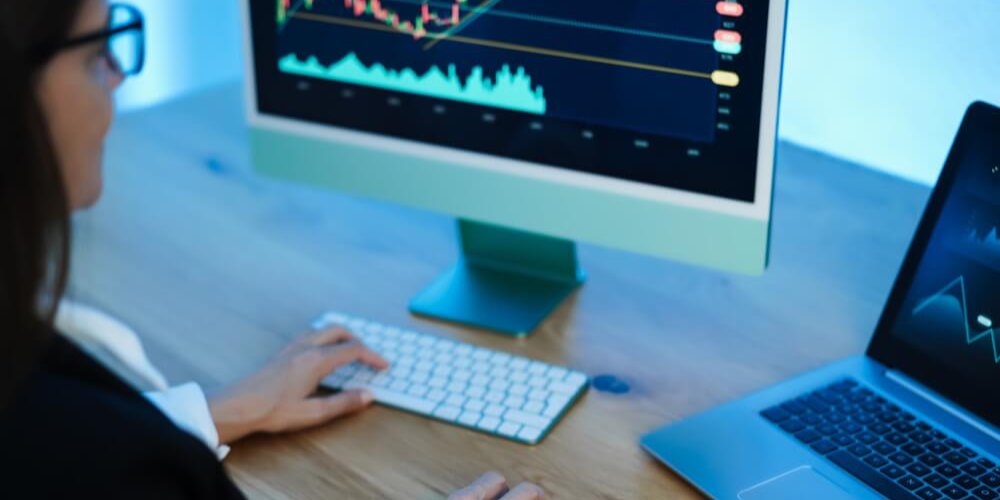Blog

Benefits and Risks of High Leverage Forex Brokers
The foreign exchange (Forex) market is renowned for its potential for significant financial gain and inherent risks. One of the critical factors influencing both these aspects is leverage. Leverage is a tool used in Forex trading that allows traders to control larger amounts of money than they have in their trading account. It's akin to a loan the broker provides the trader, enabling them to open positions larger than their actual capital.
Forex brokers often offer high leverage as a selling point to attract traders. High leverage can significantly boost a trader's buying power and potential profits. However, it also comes with considerable risks, making it a double-edged sword. Understanding the benefits and risks associated with high-leverage Forex brokers is essential to navigate the Forex market successfully. This article provides an in-depth look into these aspects.
The Benefits of High Leverage
High leverage is an enticing feature in Forex trading due to the following benefits:
Enhanced Profit Potential
The primary advantage of high leverage is the potential for higher profits. For instance, with leverage of 100:1, a trader with a $1,000 account can control a $100,000 position. If the position's value increases by 1%, the trader can make a $1,000 profit, effectively doubling their initial investment.

Increased Market Access
High leverage provides traders with increased market access. Traders with limited capital can engage in trades and strategies that would otherwise be out of reach. This enhanced access can lead to diversification, allowing traders to spread their risk across different currency pairs and strategies.
Capital Efficiency
Leverage allows for the efficient use of capital. Traders can use a fraction of their capital to open a position and keep the remaining balance to manage their risk, open other positions, or maintain as a buffer against potential losses.
The Risks of High Leverage
While the benefits of high leverage are enticing, it's equally crucial to understand the associated risks:
Amplified Losses
Just as leverage can magnify profits, it can also amplify losses. If a trade doesn't go in the desired direction, the potential loss is calculated based on the total value of the position, not the trader's initial investment. So, in the above example, if the position's value decreases by 1%, the trader would lose $1,000, effectively wiping out their initial capital.

Increased Risk of Margin Call
A high-leverage position can lead to a higher risk of a margin call. If the market moves against the trader's position and the trader's equity falls below the required margin level, the broker might issue a margin call, demanding that the trader deposit additional funds or close some positions to cover the loss. Failing to meet a margin call can lead to the broker liquidating the trader's positions, possibly resulting in substantial losses.
Potential for Overtrading
The allure of high leverage can lead to overtrading. Because leverage allows traders to open more significant positions with less capital, it can encourage traders to take on more trades than they can realistically manage or afford. Overtrading can lead to poor decision-making, higher transaction costs, and increased risk exposure.
Making Informed Decisions
High leverage allows traders to achieve substantial profits, even with a small initial investment. However, it also comes with significant risks. Traders must understand these risks and develop a sound risk management strategy before using high leverage. This strategy might include setting stop-loss orders to limit potential losses, using a suitable risk-reward ratio, and not investing more money than they can afford to lose.
Choosing a Forex broker offering high leverage should be done with careful consideration. Traders should thoroughly research brokers to ensure they are regulated, reputable and provide the necessary tools and resources for effective risk management.
High leverage in Forex trading is a powerful tool that can unlock significant profit potential and pose considerable risks. As with all aspects of trading, understanding and effectively managing these aspects is vital to a successful and sustainable trading career.




